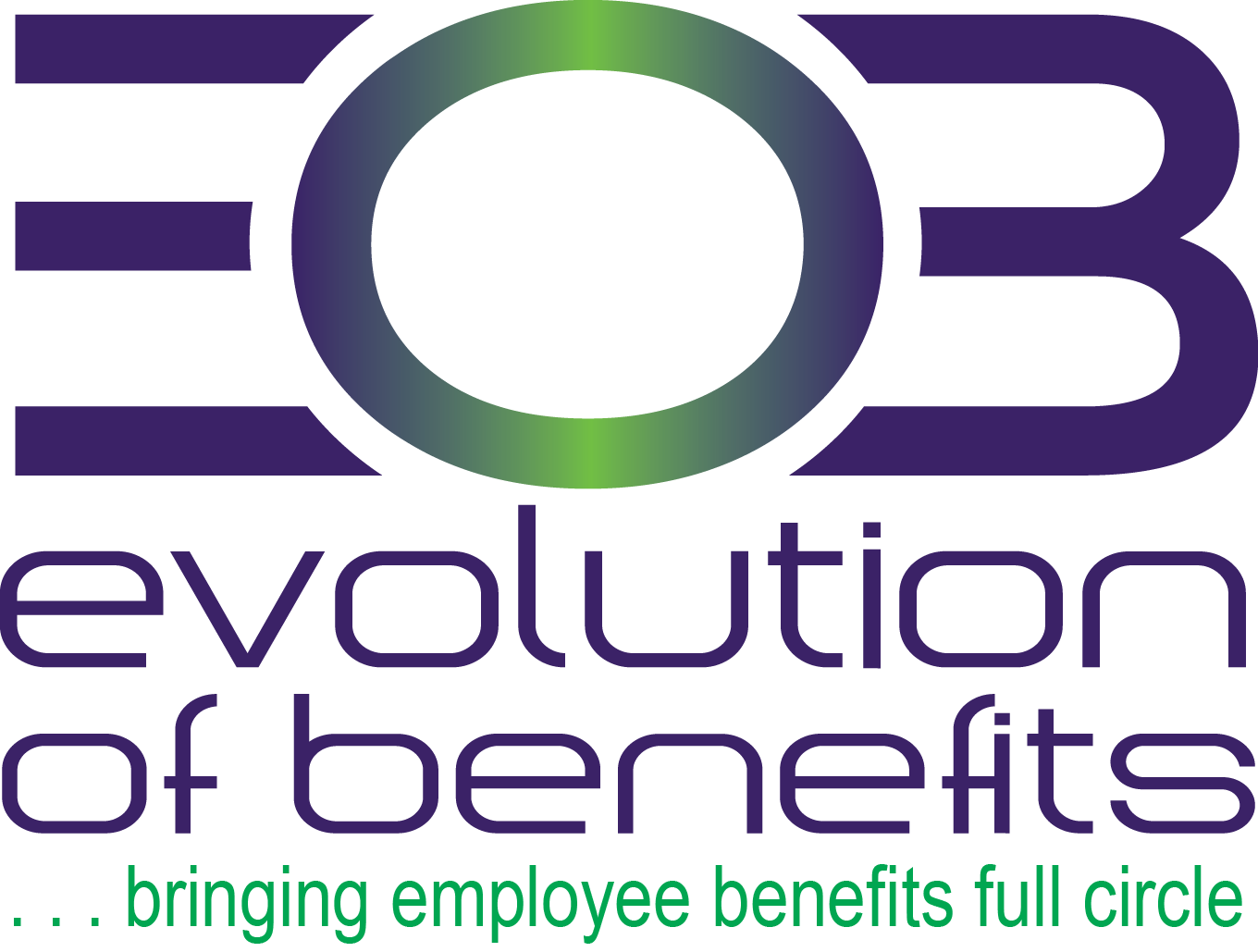Employee Takeaways for President Biden’s COVID-19 Vaccine Mandate

Many health experts and business leaders agree that vaccination is likely the most effective way to limit the spread of COVID-19 and maintain uninterrupted operations. While more than 175 million Americans are fully vaccinated, nearly 80 million eligible people have yet to get their first shot.
Mandate Overview
- Company qualification
- Remote staff
Employee Takeaways
Legal battles over the ETS are expected. However, regardless of courtroom challenges, applicable employers will still be preparing to comply with the ETS. After all, it’s possible that employers could be penalized for noncompliance while lawsuits work their way through the courts.
Reactions to Biden’s COVID-19 Vaccine Mandate

President Joe Biden’s administration is blazing ahead with its COVID-19 vaccination efforts. Federal workers and nursing home staff were recently ordered to get vaccinated as a condition of employment. Now, a similar mandate is being imposed on private employers with 100 or more employees.
The Eager
Some employers are welcoming this latest move from the White House. With a fully approved COVID- 19 vaccine and federal vaccination mandates in place, employers now have some cover to make policy changes.
The Cautious
Some employers are taking a wait-and-see approach to the upcoming vaccine mandate. This includes making statements that laud the spirit of the requirement, yet don’t explain any definitive action steps the companies will be taking. For instance, the sentiment expressed among these
Note: This is a developing issue. Information will be updated here and in subsequent resources as more details are released.
3 Strategies for Reducing Health Benefits Costs in 2022 and Open Enrollment 2022: Benefit Notices

According to a PricewaterhouseCoopers (PwC) report, medical costs are projected to increase 6.5% in 2022. This is about average for the past decade; although, it is slightly lower than the 7% increase projected this year (as more spending goes toward the COVID-19 pandemic).
- Control Drug Spending
- Encourage Active Benefits Participation
- Embrace Virtual Health Options
Employers that sponsor group health plans should provide certain benefit notices in connection with their plans’ open enrollment periods.
Reach out to Evolution of Benefits for all your employee communication needs, including enrollment guides, video messaging, presentations, and more.
Learn more and take action – view the full newsletter below.
7 Ways to Maintain Workplace Safety Despite the Delta Variant

The coronavirus Delta variant has caused an increase in active coronavirus cases nationwide. Many employers wonder how the Delta strain will impact their return-to-work plans or their ability to keep employees, clients, and vendors safe.

President Biden Offers Additional Financial Support to Small Businesses

In addition to these efforts combating the surge caused by the Delta variant, the Biden Administration has called upon the Small Business Association (SBA) to increase financial support for small businesses.
Specifically, the SBA is strengthening its COVID-19 Economic Injury Disaster Loan (EIDL) program by increasing available loan amounts from $500,000 to $2 million.
Read on for more details related to this latest EIDL expansion.
Premium Surcharges for Nonvaccinated Individuals

Under federal law, employers generally may provide incentives to employees for receiving the COVID-19 vaccine (or penalize employees for failing to get vaccinated).
However, this type of strategy would likely need to be structured as a group health plan wellness program.
Employers may need to make exceptions for employees who are unable to get vaccinated due to a disability or a strongly held religious belief.
Click here to learn more and download the latest Compliance Bulletin
What President Biden’s Vaccine Mandate Means for Employers

President Joe Biden’s administration is continuing its efforts to curb the COVID-19 pandemic and the spread of the deadly coronavirus Delta variant. Recently, the White House ordered all federal workers and contractors to get vaccinated against COVID-19. Now, the government is imposing a similar requirement on private employers. The move is estimated to affect over 80 million private-sector workers.
The Occupational Safety and Health Administration (OSHA) has been tasked with drafting an emergency temporary standard (ETS) and will announce more specifics in the coming weeks. Soon, employers with 100 or more employees will need to adapt their vaccine policies to comply with these new rules.
This article discusses this latest vaccination mandate, including its scope and how it may affect employers.
Note: This is a developing issue. Information will be updated here and in subsequent resources as more details are released.
COVID-19 Vaccine Surcharges, Mandates and Incentives: What Employers Should Know

COVID-19 vaccinations are a highly contentious topic in America. Many U.S. adults still haven’t gotten the shot despite the Food and Drug Administration’s recent (FDA) full approval of the Pfizer-BioNTech vaccine.
This reluctance is seen as a problem by health experts, who contest that vaccination is the most effective way to control the widespread coronavirus Delta variant. It’s also a problem for employers wishing to maintain uninterrupted operations and keep employees healthy.
So, if an employer wants a vaccinated workforce but is dealing with vaccine skepticism, what are their options?
This article explores this complicated situation and discusses the multitude of choices facing employers.
Protecting Employees From Coronavirus Delta Variant

This article provides guidance to help employers outline a strategy against Delta and its spread in the workplace.
Understand the Risks.
The Delta variant causes a more debilitating form of COVID-19. That’s because individuals infected with Delta house a thousand times more virus than someone infected with the original strain of coronavirus. More virus means more severe disease and more efficient transmission.
According to health experts, Delta transmission rates are especially concerning; some reports show it is potentially as contagious as chickenpox. That means a greater amount of the virus can be spread to more people faster than at the pandemic’s onset. This is due in part to Delta being transmissible even among the fully vaccinated, in some cases.





















